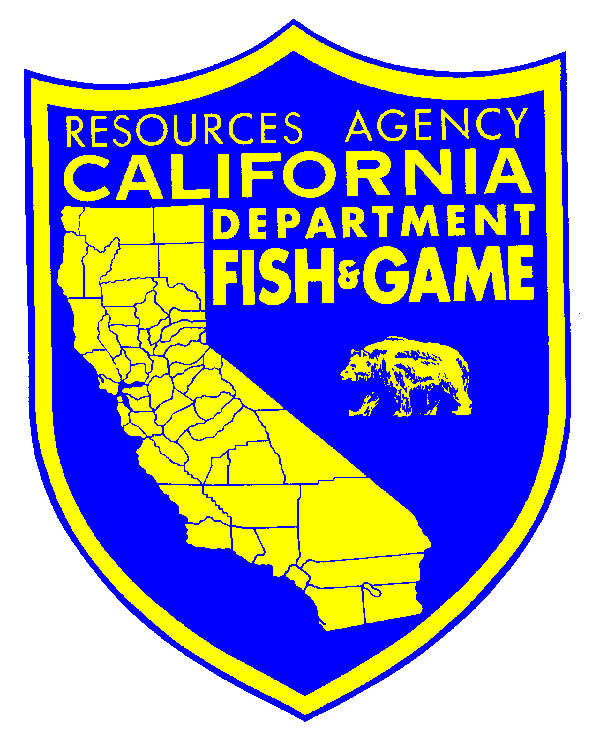Time’s Running Out for California Residents to Help Endangered Species on Their Tax Return
OutdoorHub Reporters 04.08.12

Californians have until April 16 to contribute to funds that benefit endangered wild plants and animals on their state income tax returns. By donating any amount (one dollar or more) you can support the Department
of Fish and Game (DFG) Rare and Endangered Species Preservation Fund and/or the California Sea Otter Fund. Make a voluntary contribution on line 403 and/or line 410 of your California tax return, and you will help save the western lily, southern sea otter and other species from extinction.
“These two funds have become especially vital during the current economic downturn, because other sources of support for these conservation and research programs have decreased or are no longer available,” said DFG Wildlife Biologist Esther Burkett. “There are no other dedicated state funding sources available to continue this important work.”
What you donate this year is tax deductible on next year’s return. More information on the Rare and Endangered Species Preservation tax check-off program is available at www.dfg.ca.gov/taxcheck.
Many rare, threatened and endangered species have benefited from these voluntary contributions. DFG has been working closely with the U.S. Fish and Wildlife Service (USFWS), Humboldt State University, Redwood National and State Parks and other cooperators to study the nesting behavior and causes of nest failure for the forest-nesting marbled murrelet, a highly endangered seabird.
“The contributions of California’s taxpayers provide extra conservation power because we often use the funds to receive matching grants from the USFWS, providing even more support for species on the brink, such as the marbled murrelet,” said DFG Wildlife Biologist Esther Burkett.
There are 387 listed plant and animal species, from insects that provide essential ecosystem services to the iconic California condor and sea otter. Hundreds more are at risk. Money raised through the tax check-off program helps pay for important DFG research and recovery efforts, including protection of nesting sites for the California least
tern, a small, migratory seabird that nests in remnant protected areas along California’s coast from our southern border to the San Francisco Bay Area. The terns are now beginning to arrive along our coast from their wintering grounds, just in time to remind tax filers that they can still help make a difference!
Since 1983, the tax check-off fund for Rare and Endangered Species has raised more than $18 million and supported numerous projects, including a captive breeding and release program for endangered riparian brush
rabbits using a newly discovered population of wild rabbits. The critical support of California taxpayers has enabled wildlife biologists to achieve important recovery milestones to conserve our vulnerable species, and many species still need help.
In 2006 a second tax check-off fund was created specifically to facilitate recovery of the California sea otter, which is listed as a State Fully Protected Species and a Threatened Species under the federal Endangered Species Act. The most recent survey indicates there are fewer than 2,800 sea otters remaining in California. This small population is
extremely vulnerable to oil spills, environmental pollution, predation by white sharks and other threats. Many sea otter deaths and ailments have been linked to pollution flowing from land to the sea, including fecal parasites, bacterial toxins and chemicals that have been linked to coastal land use.
According to DFG Marine Wildlife Veterinary Care and Research Center Director Laird Henkel, donations to line 410 on state tax returns fund research such as a recent comparative study of sea otter food habits, behavior, health and survival in areas where there is high (Monterey) vs. low (Big Sur) human impact to the nearshore environment. Collaborative work among government, university and non-profit organizations ensures that the California Sea Otter Fund is used effectively to maximize the benefits to sea otter research and conservation.
You can support this research by making a contribution on line 410 of your state tax form 540, the California Sea Otter Fund. DFG works with Defenders of Wildlife to help promote the Sea Otter Fund.
An excellent video about the sea otters’ current plight from the Defenders of Wildlife website.
httpv://youtu.be/2RURLQOI3ck

